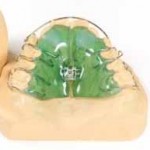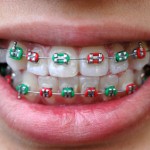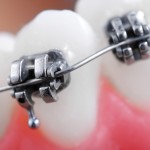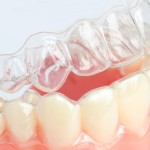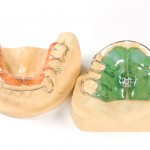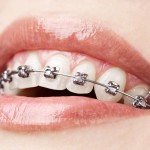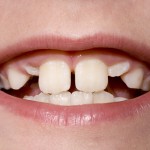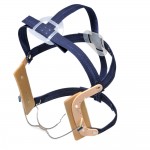
One of important differences about Cochrane reviews is their commitment of their authors to regularly review and update the content of their reviews. This is an update of a Cochrane review published in 2006. The aim of the review being to establish whether orthodontic treatment, carried out without the removal of permanent teeth, in children [read the full story…]
